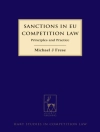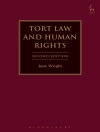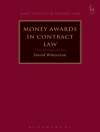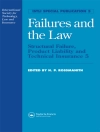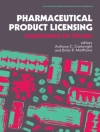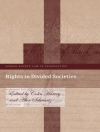Diese Studie stellt den Tatbestand der condictio ob rem vom Kopf auf die Füße. Seit langem wird das in § 812 Abs. 1 S. 2 Alt. 2 BGB kodifizierte »Rechtsgeschäft« nur noch als Anhängsel des Schuldvertragsrechts marginalisiert oder gar als systemwidrig bezeichnet. Dagegen können historisch-genetische Analysen und dogmatische Rekonstruktionen zeigen, dass der Rechtsgrund der condictio ob rem einen verpflichtungsfreien Kausalvertrag mit konditionaler Verknüpfung eigener Art bildet. Durch Kritik einer von Schuld und Markttausch beherrschten Rechtsdogmatik zeigt Christoph Sorge eine eigenständige Bedeutung der condictio ob rem innerhalb des Verkehrs- und Vermögensrechts auf.
This study turns the facts of the condictio ob rem upside down. The concept of ‘legal transaction’, codified in Section 812 (1) sentence 2 alt. 2 of the German Civil Code (BGB), has long been marginalised as a mere appendage to the laws governing contractual obligations and even called anti-systemic. Contrarily, historical-genetic analyses and dogmatic reconstructions show that the legal basis of the condictio ob rem constitutes a non-binding, causal contract with conditional links of its own. Through critiquing a legal doctrine dominated by debt and market exchange, Christoph Sorge points out an autonomous meaning of the condictio ob rem within traffic and property law.
Circa l’autore
Dr. Christoph Sorge ist Wissenschaftlicher Mitarbeiter und Habilitand am Lehrstuhl für Zivilrecht und Rechtsgeschichte an der Gottfried Wilhelm Leibniz Universität Hannover.


